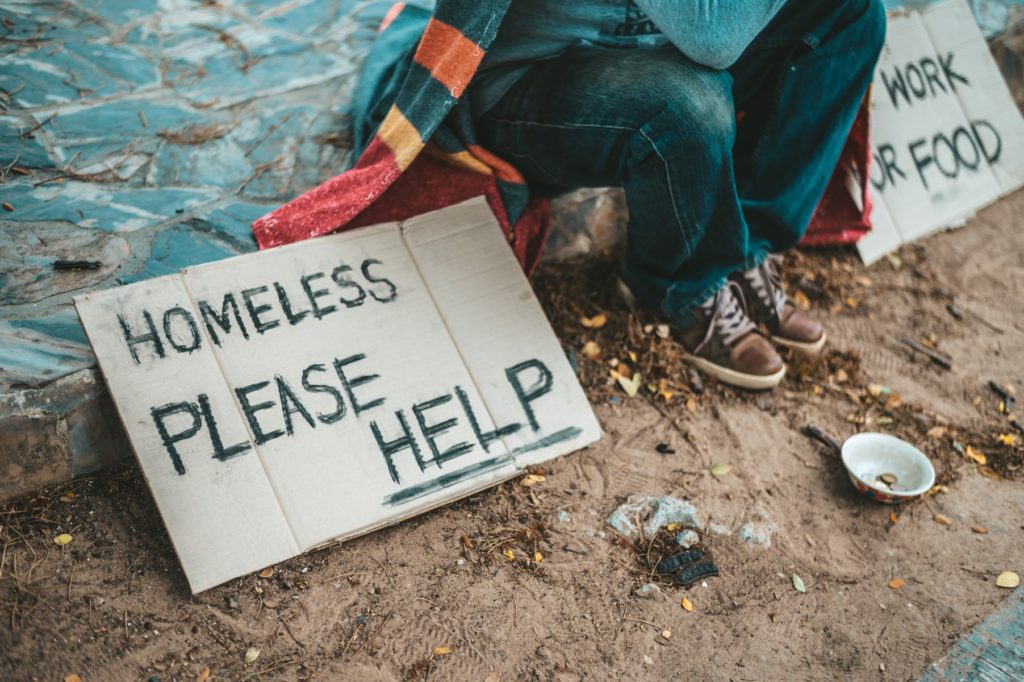Homelessness is a widespread social issue affecting millions of people worldwide. Homeless individuals come from diverse backgrounds and experiences, but they all face the challenge of living without a secure place to call home. In this article, we will examine the population of homeless people and discuss their experiences, as well as the role that drug addiction plays in perpetuating homelessness.
Who are homeless people?
Homeless individuals are often depicted as a homogeneous group of individuals who are jobless, mentally ill, or drug-addicted. However, the reality is that homeless people are a diverse group of individuals who come from a variety of backgrounds. Some of the factors that contribute to homelessness include poverty, a lack of affordable housing, mental illness, physical disabilities, substance abuse, and domestic violence.

Homeless individuals can be found in cities, rural areas, and suburbs. They can be single adults, families with children, veterans, and individuals with mental health and addiction problems. Many homeless individuals have jobs, but their low wages and lack of benefits make it difficult for them to afford a place to live.
The consequences of homelessness
Homelessness has far-reaching consequences for individuals, families, and communities. Homeless individuals are at greater risk of experiencing physical and mental health problems, such as malnutrition, exposure to extreme weather conditions, and a higher likelihood of being victims of violence and crime. Homelessness also affects children and families, who may struggle to maintain stability in their lives and face challenges with their physical and emotional well-being.
Drug addiction and homelessness
Drug addiction is a complex issue that can contribute to homelessness, and homelessness can also contribute to drug addiction. Substance abuse can lead to job loss, strained relationships, and financial problems, making it difficult for individuals to maintain stable housing. At the same time, homeless individuals are more likely to experience trauma and stress.
Drug addiction can be a vicious cycle that perpetuates homelessness. Individuals who are struggling with addiction may find it difficult to access treatment due to a lack of resources and support. Without access to treatment, individuals may continue to struggle with substance abuse, making it harder for them to get stable and secure stable housing.
In addition to the physical and mental wellbeing consequences of drug addiction, individuals who are struggling with addiction are also at risk of criminal involvement. Substance abuse is often associated with criminal behavior, and individuals who are struggling with addiction may be more probable to engage in criminal activity as a means of obtaining drugs or money to support their habit.
Addressing homelessness and drug addiction
Addressing homelessness and drug addiction requires a multi-faceted approach that addresses the underlying causes of these issues and provides individuals with the resources and support they need to overcome them. This can include access to affordable housing, mental health and addiction treatment, job training, employment support, and other services that can help individuals get back on their feet.
One of the key components of addressing homelessness and drug addiction is providing individuals with access to affordable housing. This can include the development of new housing units, as well as the preservation of existing units through programs such as rent subsidies.
Mental health and addiction treatment are also critical for individuals who are struggling with these issues. This can include access to inpatient and outpatient treatment, as well as support for recovery and relapse prevention. Mental health and addiction treatment should be made available to individuals regardless of their ability to pay and should be integrated into the larger healthcare system to ensure that individuals have access to care when they need it